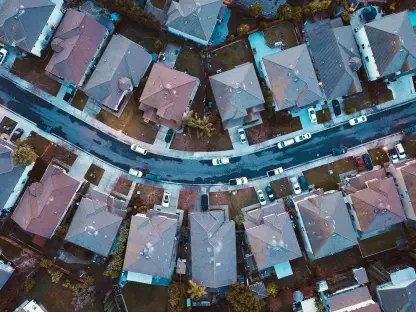In Memphis, Tennessee, a serious debate is unfolding over air quality concerns linked to xAI’s operations in the city’s industrial sector. Recent independent air quality tests commissioned by the City of Memphis have provided some assurance to residents, as they found no dangerous levels of pollutants at key sites, namely Boxtown and Whitehaven. Yet, the controversy hasn’t subsided, as the Southern Environmental Law Center (SELC) is challenging these findings by highlighting the omission of ozone testing—a significant pollutant known to exacerbate asthma and respiratory illnesses. The city’s historical struggle with air quality, exacerbated by rising ozone levels over the past five years, has magnified the issue. This contentious atmosphere is further fueled by Memphis’s reputation as the “Asthma Capital” of the U.S., amplifying residents’ concerns over potential health risks and regulatory compliance lapses.
Legal and Regulatory Implications
The Southern Environmental Law Center (SELC), joining forces with the NAACP, intends to legally challenge the city and xAI due to the area’s noncompliance with federal ozone standards. SELC attorneys highlight that local regulators have neglected their duty, failing to submit a timely plan within the required nine-month window to address ozone pollution. This lack of action highlights a broader issue of inadequate regulatory oversight, as noted by Caroline Cress from SELC. Although city officials claim that safety is not compromised, their inaction reflects a deeper struggle between industrial growth and safeguarding environmental and public health. Meanwhile, xAI Memphis expressed gratitude for community support and acknowledged independent test findings as aligned with their safety priorities. This contrast between government assurances and impending legal action creates a complex dialogue concerning environmental responsibility and health issues in Memphis, potentially affecting future regulatory methods and industrial duties on a larger scale.









